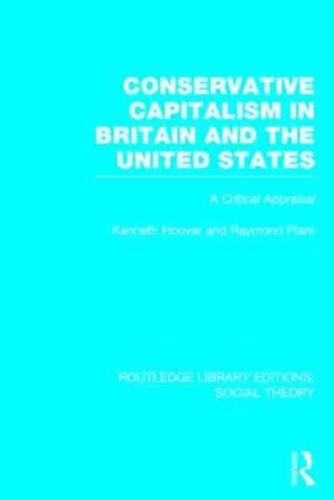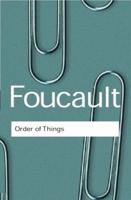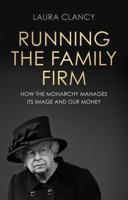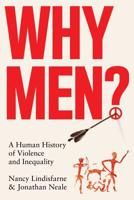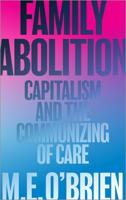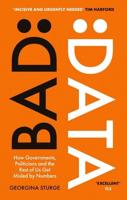Publisher's Synopsis
The shock waves of conservative advances have reached into every corner of American and British politics. Parties of the right have prospered, while parties of the left have stumbled, retreated, and are now regrouping. The agenda for both right and left is set by the terms of the free-market doctrines that have displaced the post-war consensus politics of liberal capitalism.
This volume describes and challenges the ideological basis of the free-market right. Though critiques of the policies of the Reagan and Thatcher governments are hardly in short supply, this major new study offers the most thorough and up-to-date analysis available. No other book considers in such depth conservative ideas and policies on both sides of the Atlantic. It provides the first clear account of the distinction between conservative and other forms of capitalism. It also examines the fault lines dividing opposing camps within conservative capitalism and their consequences for domestic policy in Britain and the US. Linking political theory and public policy, it is one of the few critical appraisals of the New Right based on a clear understanding of what the arguments for the free market really are.
Finally, the authors demonstrate what the left needs to learn from its failures, how to remould its understanding of the relationship between politics and the market, and how to recapture the lost initiative.
